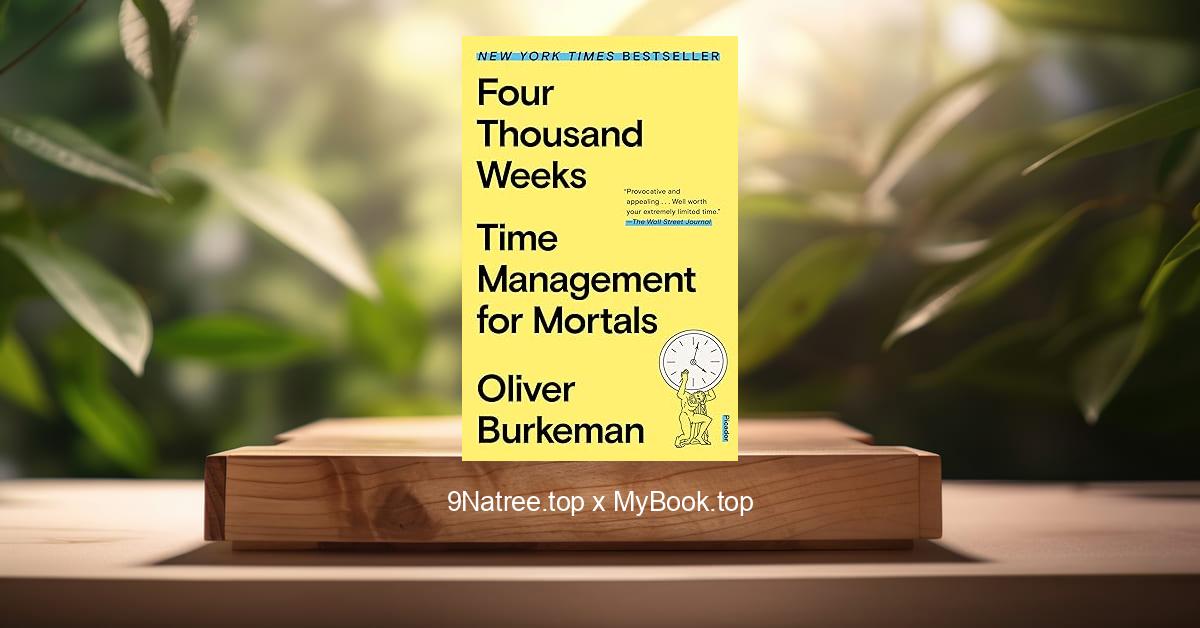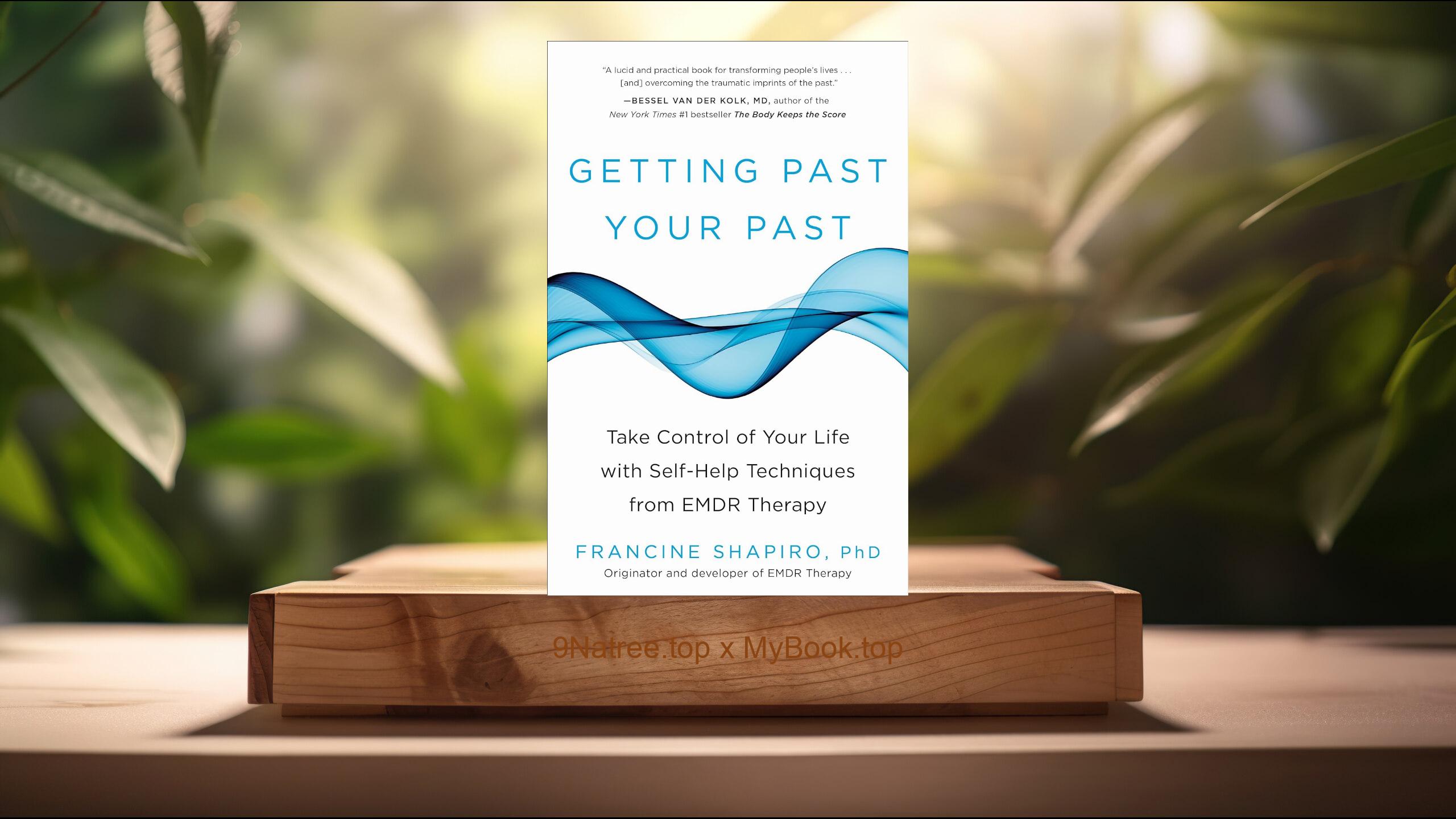Show Notes
Buy on Amazon: https://www.amazon.com/dp/B00G3L1C2K?tag=9natree-20
Read more: https://mybook.top/read/B00G3L1C2K/
#Traumahealing #Mind-bodyconnection #Neuroscienceoftrauma #Alternativetherapies #Psychologicalresilience #Childhoodtraumaeffects #Somaticexperiencing #EMDRtherapy
These are takeaways from this book.
Firstly, The Impact of Trauma on the Brain, Van der Kolk provides a comprehensive overview of how trauma affects the brain, detailing the science behind the brain's response to traumatic events. Delving into neuroanatomy and the function of different brain areas such as the amygdala, prefrontal cortex, and hippocampus, the book explains how trauma can alter brain chemistry and structure. It discusses how these changes can lead to symptoms such as hyperarousal, flashbacks, and difficulty forming coherent narratives of traumatic events. The discussion extends to the concept of 'body memories,' pointing out that trauma is often stored in non-verbal parts of the brain, making it challenging to process through traditional talk therapy alone.
Secondly, The Role of the Body in Trauma, A central thesis of Van der Kolk's work is the notion that the body keeps a detailed score of traumatic experiences, often leading to somatic symptoms. He explores the connection between trauma and the development of chronic conditions such as fibromyalgia, chronic fatigue syndrome, and gastrointestinal problems. This section of the book delves into how trauma affects bodily systems, including the immune, endocrine, and nervous systems, and illustrates how bodily sensations and reactions can be direct manifestations of traumatic memories. It makes a compelling argument for including body-based therapies in treatment plans, such as yoga, EMDR (Eye Movement Desensitization and Reprocessing), and somatic experiencing.
Thirdly, Childhood Trauma and Development, This topic focuses on the devastating impact that trauma and neglect during childhood have on development. Van der Kolk discusses how early-life trauma affects attachment styles, emotional regulation, and cognitive development. He provides insight into how adverse childhood experiences can set a trajectory for mental health issues, substance abuse, and relationship difficulties in later life. Through compelling case studies, he shows how interventions can be tailored to help children process trauma, emphasizing the importance of safe relationships, play therapy, and supportive environments in facilitating resilience and recovery.
Fourthly, Alternatives to Traditional Talk Therapy, Van der Kolk critiques the limitations of conventional talk therapy in addressing trauma, particularly when traumatic memories are stored in non-verbal areas of the brain. He advocates for the inclusion of alternative approaches that engage the body and bypass the limitations of language. Techniques such as EMDR, neurofeedback, yoga, and drama therapy are discussed in detail, with evidence of their efficacy in helping individuals process and integrate traumatic memories. This section highlights the importance of a holistic approach to healing that incorporates body and mind, offering hope for those who have found little relief in traditional therapy models.
Lastly, The Path to Recovery and Resilience, Van der Kolk offers a roadmap for recovery from trauma that emphasizes resilience, connection, and reintegration of the self. He stresses the importance of understanding the impact of trauma on one’s physiology and psychology and then actively working to regain control and reconstruct a sense of safety and self-efficacy. This involves creating narratives that integrate traumatic experiences, fostering meaningful relationships, and engaging in activities that promote embodiment and presence. Healing is presented not as a return to a pre-trauma state, but as an opportunity for growth, transformation, and the fostering of a greater sense of empathy and connection with others.
In conclusion, ‘The Body Keeps the Score’ is essential reading for therapists, healthcare professionals, and anyone touched by trauma. Van der Kolk's compassionate, insightful exploration of trauma provides a new lens through which to understand the nuances of human suffering and resilience. His holistic approach to healing—incorporating body, mind, and soul—challenges the norms and offers a beacon of hope for those navigating the aftermath of trauma. The book underscores the importance of innovative therapies and the need to consider the role of the body in trauma response and recovery. Whether you are a survivor, a therapist, or simply someone interested in the pervasive effects of trauma on individuals and society, this book offers profound insights and practical advice for healing. It is a testament to the strength of the human spirit and the capacity for renewal and transformation.
![[Review] The Body Keeps the Score: Brain, Mind, and Body in the Healing of Trauma (Bessel van der Kolk) Summarized](https://episodes.castos.com/660078c6833215-59505987/images/1699892/c1a-085k3-92kk5v8nfm8w-mdmljw.jpg)




